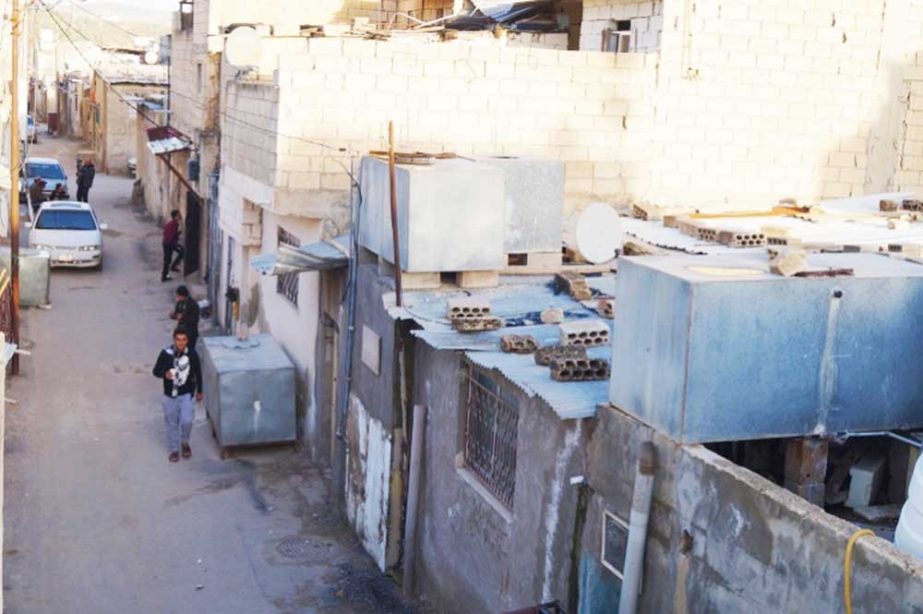
Al Jazeera :
Inside Jordan, Ali is a foreigner from the Gaza Strip. But outside, he is regarded as a Jordanian.”How?” the 35-year-old asks. “I’m stuck in between; not here, nor there.”
Although he was born and raised in Jordan, Ali does not have Jordanian citizenship. His ID says he is a Palestinian from the Gaza Strip, courtesy of his grandfather who fled the territory during the 1967 Arab-Israeli war.
The small, plastic card is the only remaining indicator that Ali is a “foreigner” – a label that restricts almost every aspect of his life, from his job; to the car he drives, to the nationality of his children.
He studied electrical engineering but, unable to get a job in the field, he works for a medical lab in Amman conducting COVID-19 tests. He says he cannot vote, pays more than four times the amount for his driver’s licence and passport fees, and must undergo a lengthy, security approval process before he can buy an apartment.
“Life goes on,” the father of two told Al Jazeera. “But, you spend your whole life searching for another nationality, for a better one for your kids. I don’t want my kids to live in the same situation I live.”
“If you think I’m Jordanian, give me the full citizenship,” he said. “If you think I’m Palestinian, get me back to Palestine.”
When the West Bank was put under the administrative control of Jordan in 1950, its residents were entitled to Jordanian citizenship. This excluded Palestinians from the Gaza Strip, who lived under the Egyptian domain, said Jawad al-Anani, a former Jordanian Labour minister, told Al Jazeera.
During the 1967 war, those fleeing the Israeli-occupied West Bank were residents of Jordan, while those fleeing the Gaza Strip were not. When Jordan cut administrative ties with the West Bank in 1988, those originally from the West Bank living in Jordan’s pre-1950 lands maintained full citizenship rights, while those from Gaza remained foreigners, said al-Anani.
For these Palestinian refugees without citizenship in Jordan, including nearly 175,000 forcibly displaced from Gaza in 1967, and 18,000 others who fled Syria’s war-torn regions, public benefits are nearly non-existent, said Widian Othman, Jordan spokeswoman for the United Nations Relief and Works Agency for Palestine Refugees (UNRWA).

